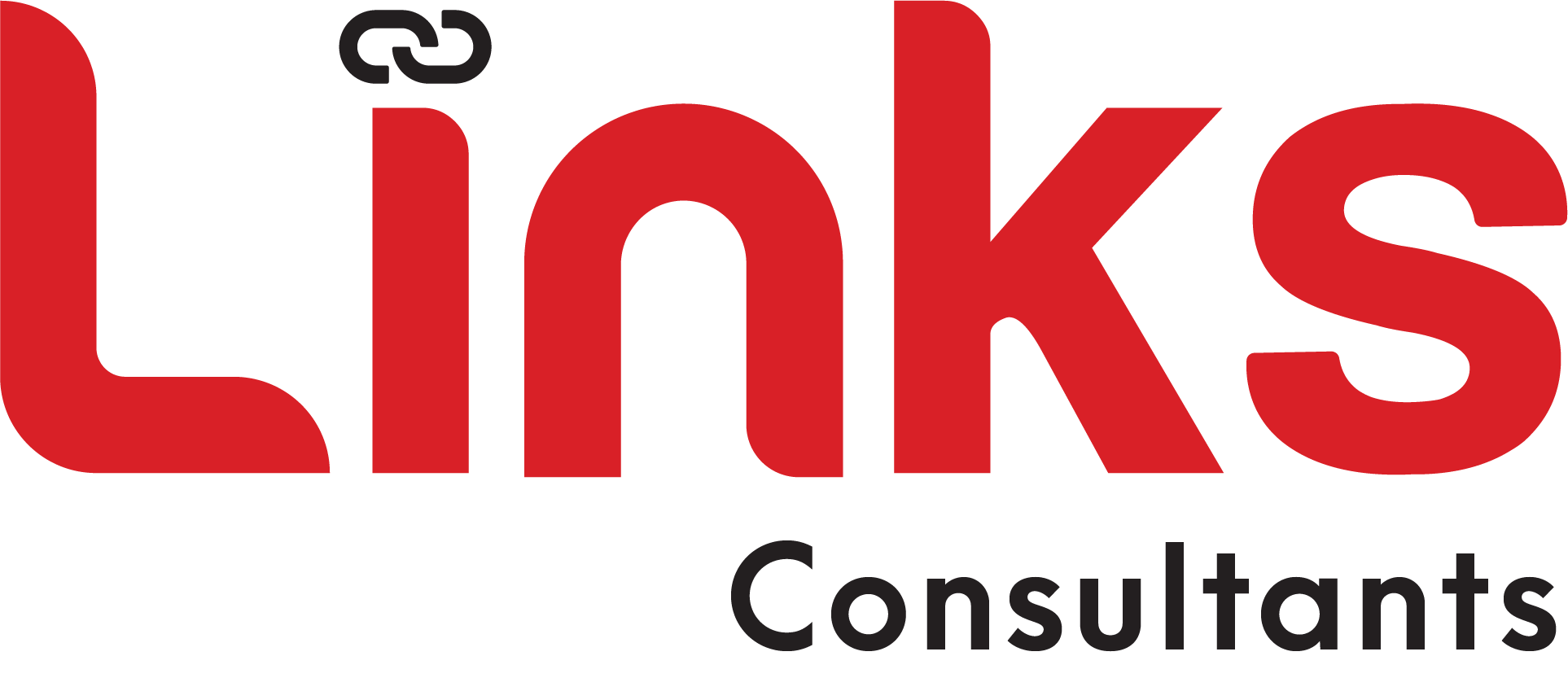
In a significant move to align with global tax standards, the UAE is set to implement a top-up tax for multinational corporations starting January 2025. This development stems from the country’s commitment to the OECD’s Base Erosion and Profit Shifting (BEPS) framework and its Pillar Two initiative, aimed at ensuring a minimum level of taxation for large multinational enterprises. Here’s everything you need to know about this new regulation and its implications.
What Is the Top-Up Tax?
The top-up tax is part of the UAE’s adherence to the Global Minimum Tax (GMT) regime under Pillar Two of the BEPS framework. It establishes a minimum effective tax rate (ETR) of 15% on profits for multinational enterprises (MNEs) with consolidated annual revenues exceeding €750 million (approximately AED 3.2 billion). If an MNE operating in the UAE pays an ETR below this threshold, the top-up tax will bridge the gap to meet the minimum requirement.
Why Is the UAE Introducing This Tax?
As a key financial hub with a historically low-tax environment, the UAE’s move underscores its dedication to global tax compliance and maintaining its competitive edge in attracting international businesses. The introduction of the top-up tax aims to:
Prevent profit shifting: Ensure that multinational companies pay a fair share of taxes where they operate.
Enhance transparency: Align with international tax practices, making the UAE a trusted jurisdiction for global businesses.
Sustain competitiveness: Avoid penalties or reputational risks for businesses operating below the global minimum tax rate.
Who Will Be Affected?
The top-up tax will primarily impact large multinational groups that meet the €750 million revenue threshold. Smaller businesses, startups, and local companies will remain unaffected, as the focus is on ensuring compliance with global tax standards for large corporations.
Key Implications for Multinational Businesses
Increased Compliance Requirements: Businesses will need to assess their ETRs across jurisdictions and implement robust systems to ensure compliance with the new tax regulations.
Potential Cost Increases: MNEs operating at an ETR below 15% in the UAE may face additional tax liabilities.
Strategic Adjustments: Companies might need to revisit their tax planning strategies and operational structures to adapt to the new regime.
How Should Businesses Prepare?
Preparation is key to ensuring compliance with the top-up tax. Here’s how multinationals can get ready:
Conduct an Impact Assessment: Evaluate whether your business meets the revenue threshold and determine your current ETR in the UAE.
Enhance Reporting Systems: Strengthen financial and tax reporting systems to align with the requirements of the Pillar Two framework.
Seek Expert Advice: Engage with tax consultants to understand the nuances of the top-up tax and develop strategies to minimize its impact.
Links Corporate Consultants Can Help
Navigating the complexities of international tax regulations can be challenging. At Links Corporate Consultants, we specialize in offering tailored corporate tax solutions to businesses in the UAE. Our experts can:
- Help you assess your eligibility for the top-up tax.
- Guide you in understanding and meeting compliance requirements.
- Offer strategic advice to optimize your tax structure within the bounds of the new regulations.
Final Thoughts
The introduction of the top-up tax marks a new era for multinationals operating in the UAE. While it may bring additional compliance burdens, it also reaffirms the UAE’s commitment to global tax transparency and fairness. By staying informed and proactively adapting, businesses can ensure a smooth transition and continue to thrive in the region’s dynamic economy.
If you need guidance on the upcoming tax changes, get in touch with Links Corporate Consultants today. Our team is here to simplify the complexities and help you stay ahead of the curve.
